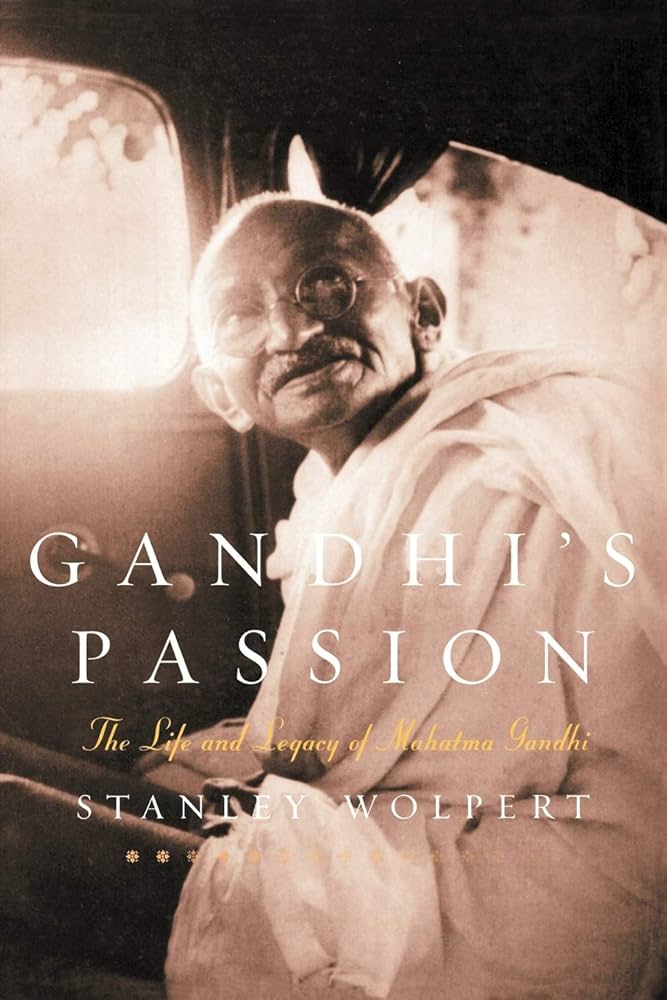Mahatma gandhi was a prominent indian independence activist and political leader known for his non-violent civil disobedience tactics. He was born on october 2, 1869, in porbandar, india, and dedicated his life to gaining independence for india from british rule.
Gandhi is widely regarded as a symbol of peace and has influenced several prominent figures such as martin luther king jr. and nelson mandela. His philosophy of satyagraha, or non-violent resistance, has inspired millions around the world to stand up for their beliefs and peacefully fight for justice.
Gandhi’s legacy continues to live on and his teachings remain relevant in today’s world.

Credit: www.amazon.com
Early Life And Struggle For Freedom
Mahatma gandhi was born in 1869 in porbandar, india. Growing up, he was an average student but had a strong moral compass instilled in him by his mother. After completing his schooling, he moved to london to study law and was exposed to western culture.
Upon returning to india, gandhi entered politics and became involved in the indian national congress, advocating for india’s independence from british rule. He played a key role in the civil disobedience movement and the famous salt satyagraha, where he led a march to the sea to protest the british monopoly on salt production.
Gandhi’s early life and struggles for freedom shaped his beliefs and values and made him the iconic figure he is remembered as today.
Philosophy Of Non-Violence And Satyagraha
Mahatma gandhi’s philosophy of non-violence and satyagraha is based on the principles of ahimsa, truth, and non-cooperation. These principles were influenced by jainism, buddhism, and christianity. Satyagraha, a tool for social and political change, advocates peaceful resistance to oppressive regimes.
Gandhi also championed the adoption of the swadeshi and khadi movements, promoting self-reliance and the use of indigenous products. Through his activism, gandhi inspired civil rights leaders such as martin luther king jr. and nelson mandela. Today, his legacy continues to inspire people around the world to fight for justice, equality, and peace using nonviolent means.
Contribution To Indian Independence And Partition
Mahatma gandhi played a significant role in india’s independence movement and partition. The quit india movement marked a turning point in the indian freedom struggle, and gandhi’s release from imprisonment further fueled the momentum. Gandhi was involved in negotiations with british officials and made efforts towards communal harmony.

